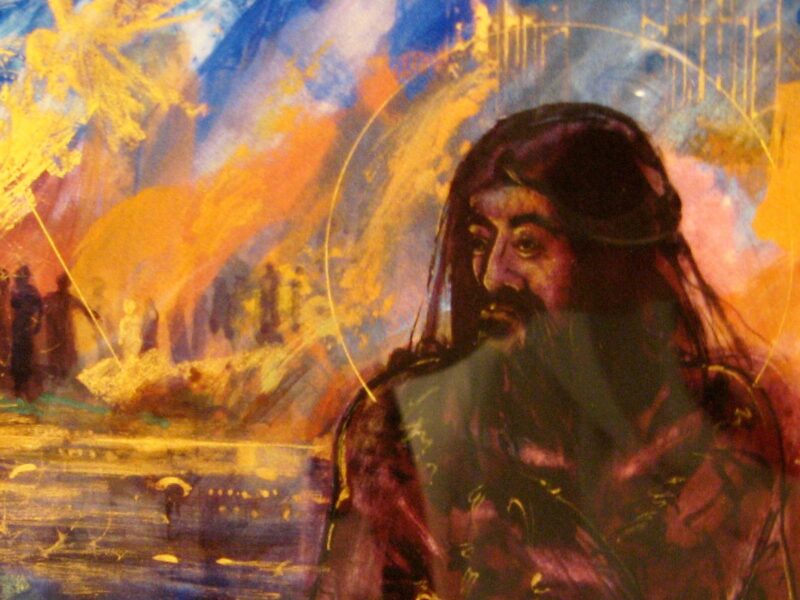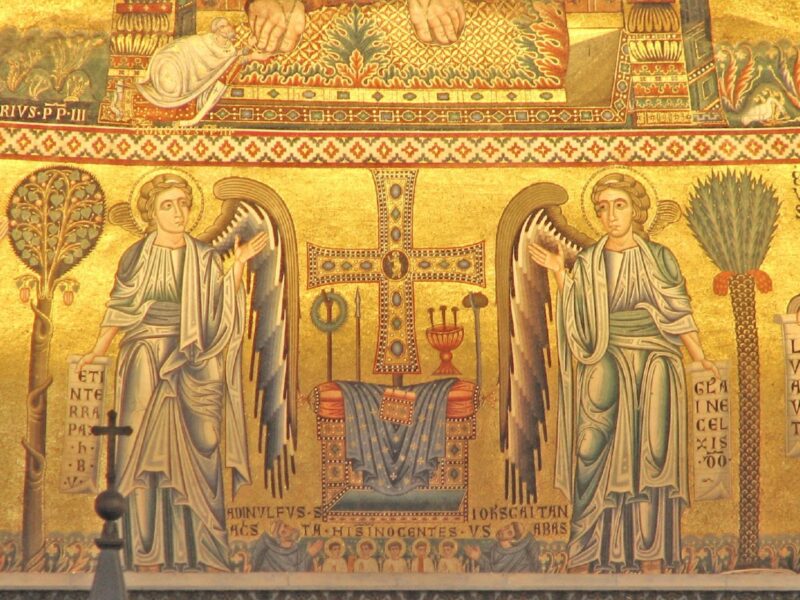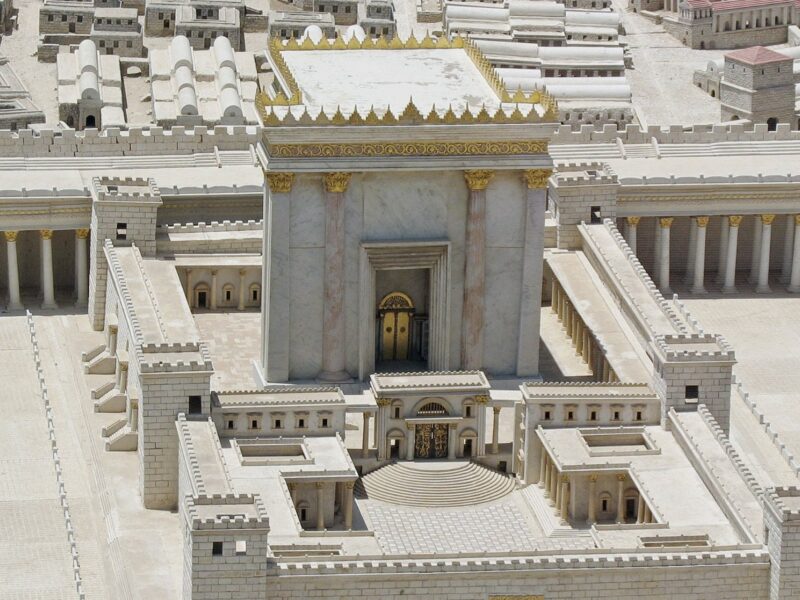
Whose Heaven?
Eighteenth Sunday of the Year. Fr Euan Marley thinks we are a good idea.
‘There was a time when we were not: this gives us no concern – why then should it trouble us that a time will come when we shall cease to be?’ (William Hazlitt, On the Fear of Death)
Mark Twain puts it more bluntly, saying in his autobiography that ‘annihilation has no terrors for me, because I have already tried it before I was born’. We hear various versions of this, and at least Hazlitt has the grace to apply it to all people and not, egocentrically, just to himself. If we are concerned with ceasing to exist, surely it should matter to us that it is not just ourselves, but (if we are committed to a purely materialistic view of the mind) to every possible form of mind? Everything material will dissipate and then there would be no mind, no thought, no point in the mindless shapeless matter which for a moment has unaccountably become aware of its own being, in a tiny part of the great universe. Then again, in speaking in the plural, Hazlitt takes a lot upon himself to speak for all people. Many would not feel convinced by his argument. If all forms of understanding were to vanish then the material might still exist but it would not be true that it existed. This is because, to quote Aquinas in his treatise on truth, without intellect, the idea of truth would in no way remain. ‘Nullo modo ratio veritatis remaneret’ (De Veritate 1.2). Truth is a relationship between the mind and that which is. So, no minds, no truth.
In fact, there is God, so there is always that one unimaginable mind, and therefore there is always truth. That brings us to the other flaw in the reasoning about what was before we were conceived. Although we did not exist before that moment, we were in God’s mind as a possibility which it was his will to bring into existence. We were due to exist, not because we are special, but because God is love, which is the explanation of everything. It is not quite true then that we did not exist before our conception, because we were already loved. Because that love never falters, we are called to a happiness whose only justification is that it is the will of God for us to be happy forever.
Our Gospel speaks of a human being who desires happiness in his own terms, doing the sort of things people do. He makes no provision for the future. I suspect that the two brothers who wish Our Lord to settle their dispute would have the uneasy suspicion the Christ is speaking about their own father. Why else would they be unable to agree about their inheritance? The man is preoccupied with his own goods, and so God uses a word from the world of commerce, saying to him, literally, ‘Mindless one, this night they ask for your soul back’, using a verb which is used of demanding the return of a loan. The Book of Wisdom (15:8) speaks of the soul which is borrowed by ‘ask for’, using the same Greek verb. This is why it is not said that ‘God requires our soul’, but ‘they ask for it back’: God does not lend out the soul, because our souls are always with him, and we live in his love always, even if we reject him.
The man is not accused of being selfish as such but not understanding that he cannot make himself truly rich. In Pauline Epistles, ‘being rich’, or ‘acquiring riches’ is used as a metaphor for Christian life five times. The good Christian life is a constant acquisition of true wealth, a continuous movement towards God. This is what Christ says in this Gospel passage. Not to gather a treasure to ourselves, but to be rich towards God. While we fear death by nature, it is not that fear which leads us to happiness. As St Paul says, we are already dead, and our life is hidden with Christ. Heaven is God’s good idea, our very existence is God’s good idea, and there is no happiness that does not come from him.
Readings: Ecclesiastes 1:2,2:21-23 | Colossians 3:1-5,9-11 | Luke 12:13-21
Image: God the Father by Vittore Carpaccio via Wikimedia Commons (CC BY-SA 4.0)



Catherine Kirby
Thank you, Father Marley, speaking of death. I wonder would Adam and Eve would have gone to heaven had they not disobeyed. The garden sounded like heaven. I think of everyone as being an Adam or an Eve. If so why would that be? Unless the ‘Garden of Eden’ was simply a testing place that represents that we all in some way are tested. I just wonder if heaven would have been necessary if there had been obedience. Maybe we would have stayed in that garden. It puzzles me.
Mike Burgess OFM Cap
Wonderful reflection, Fr. Euan. Thank you very much.